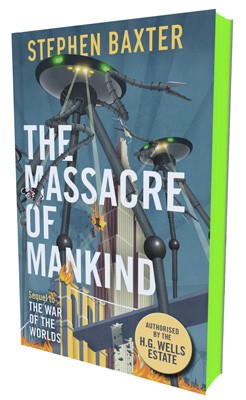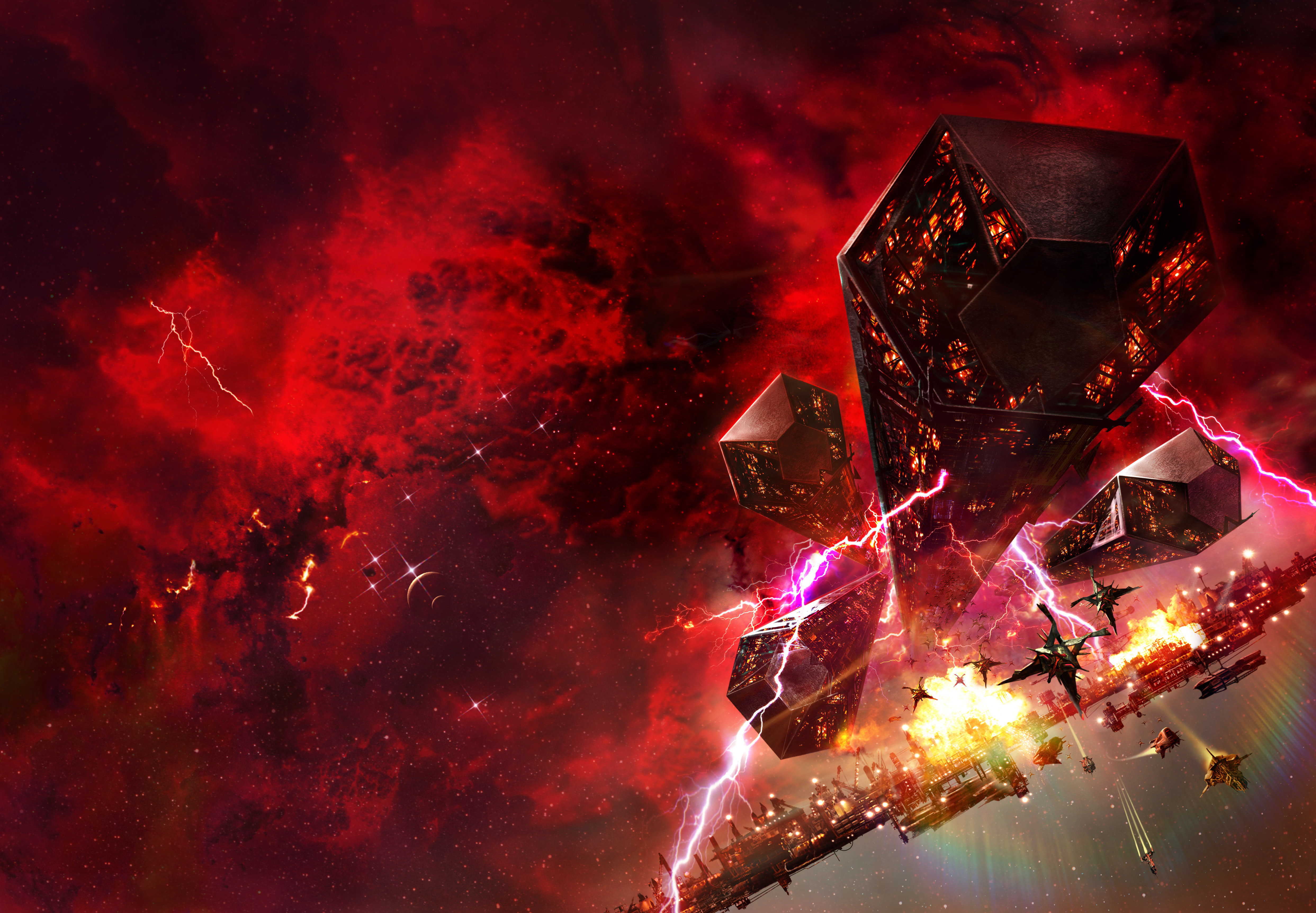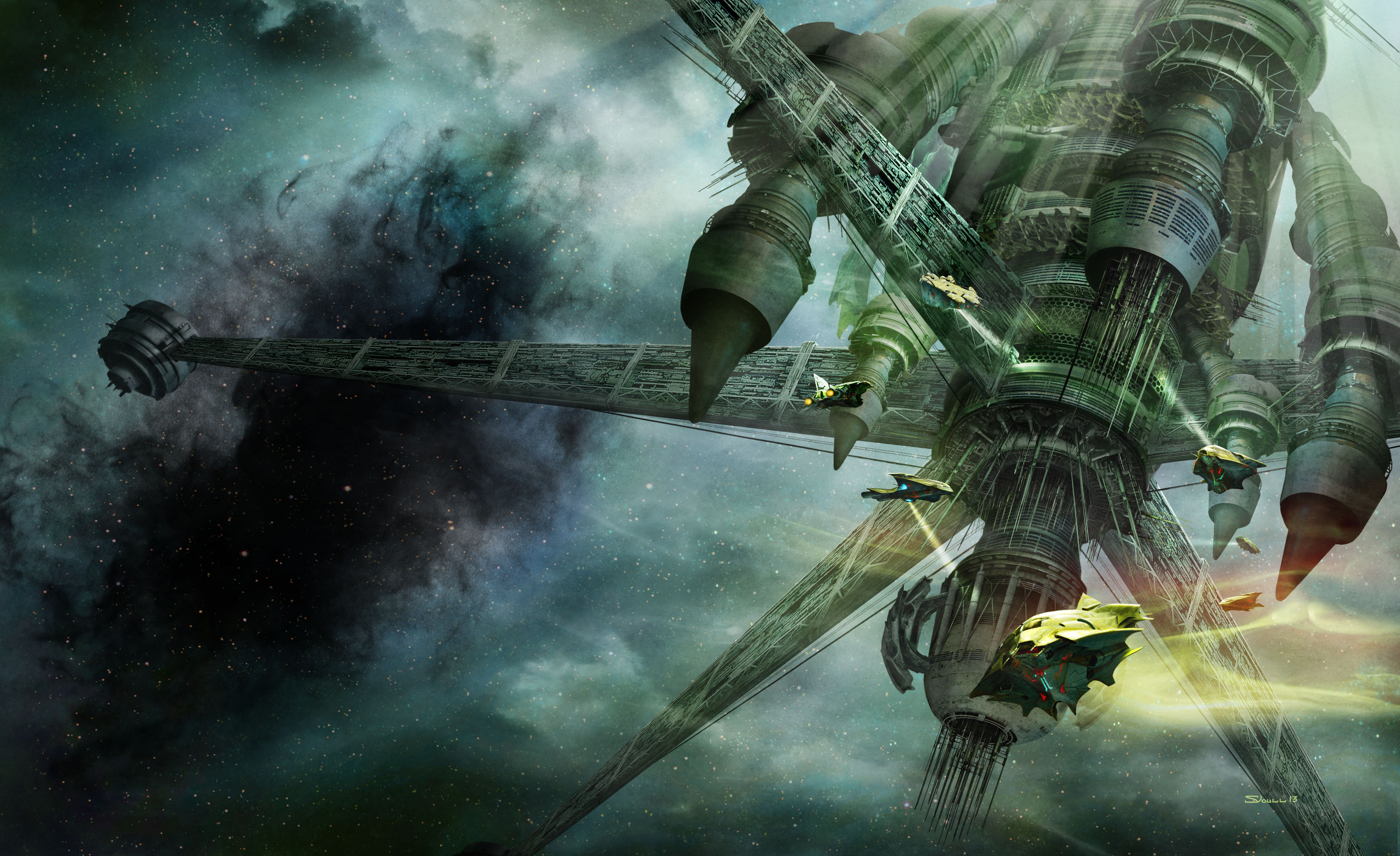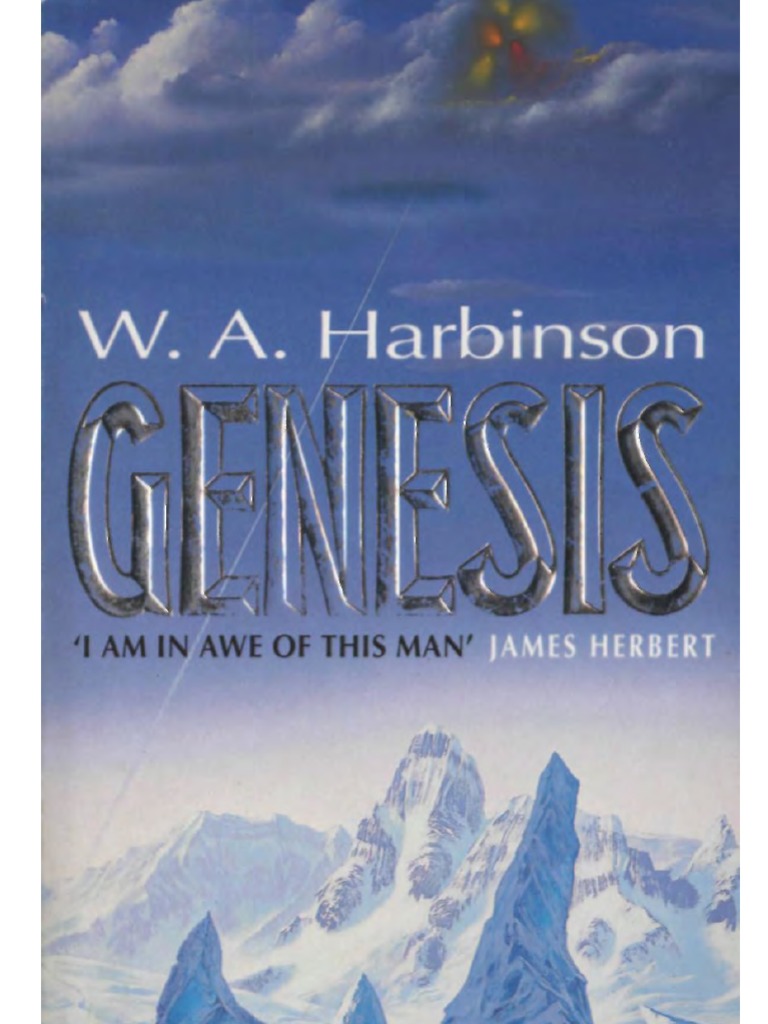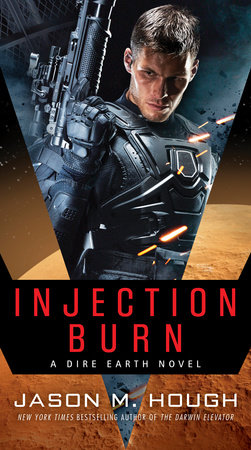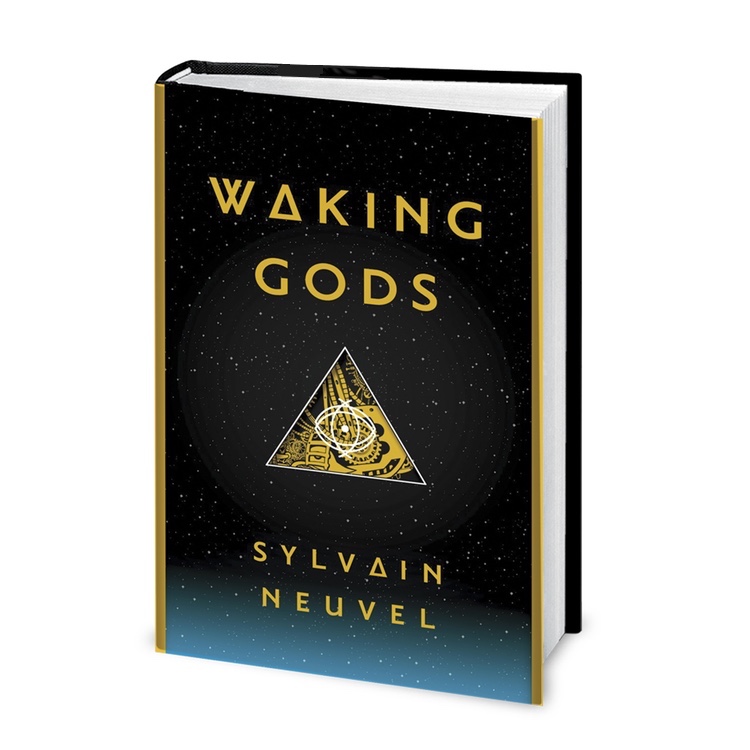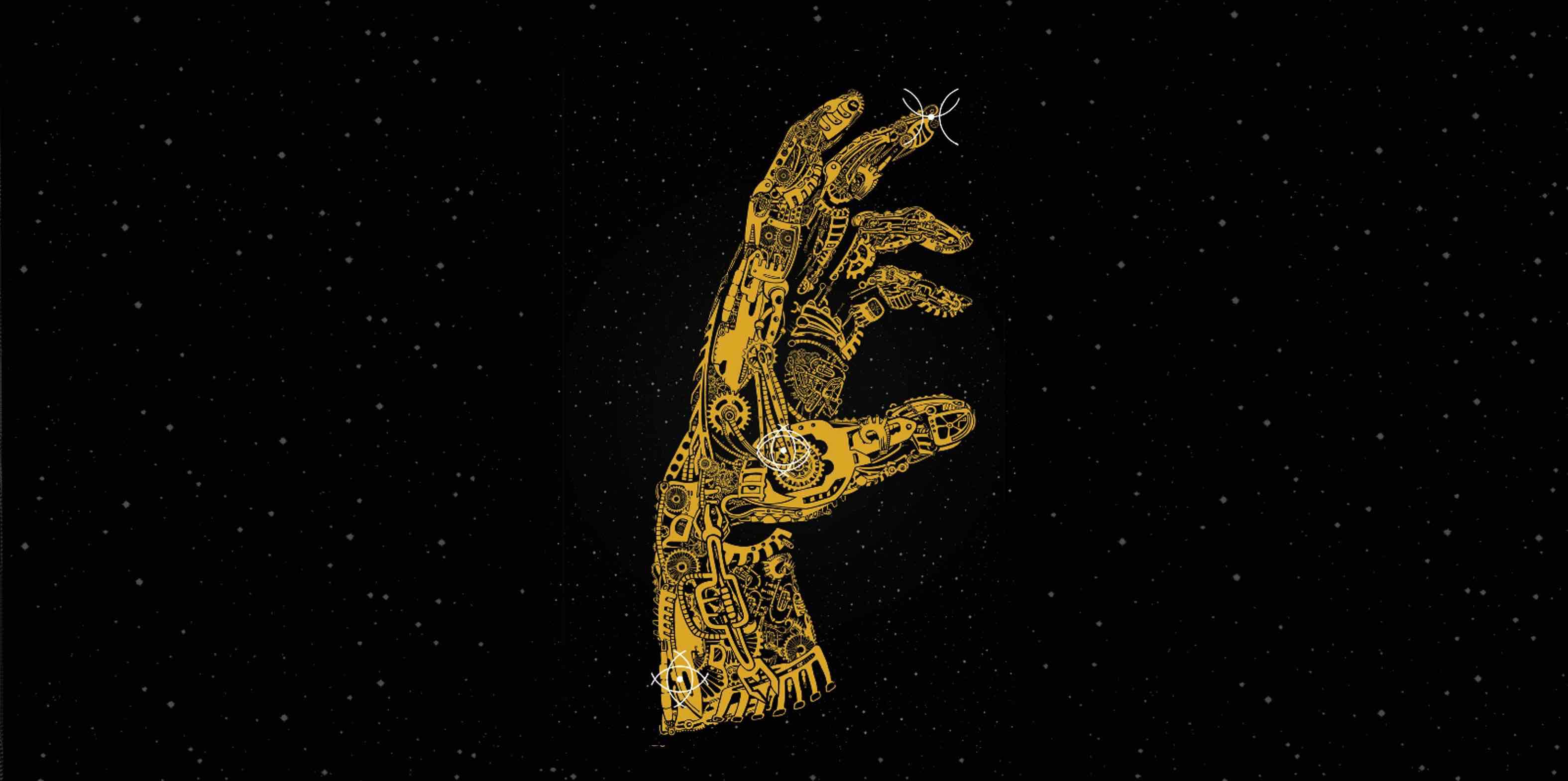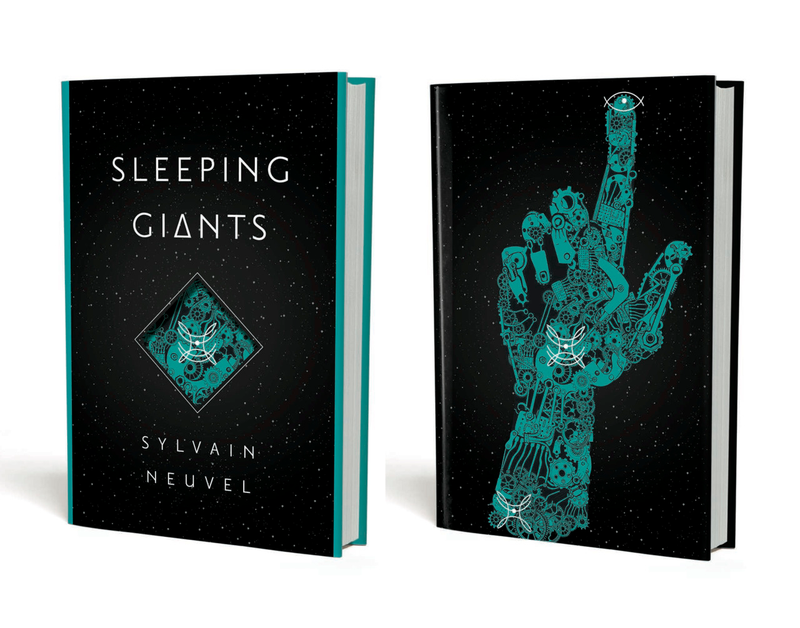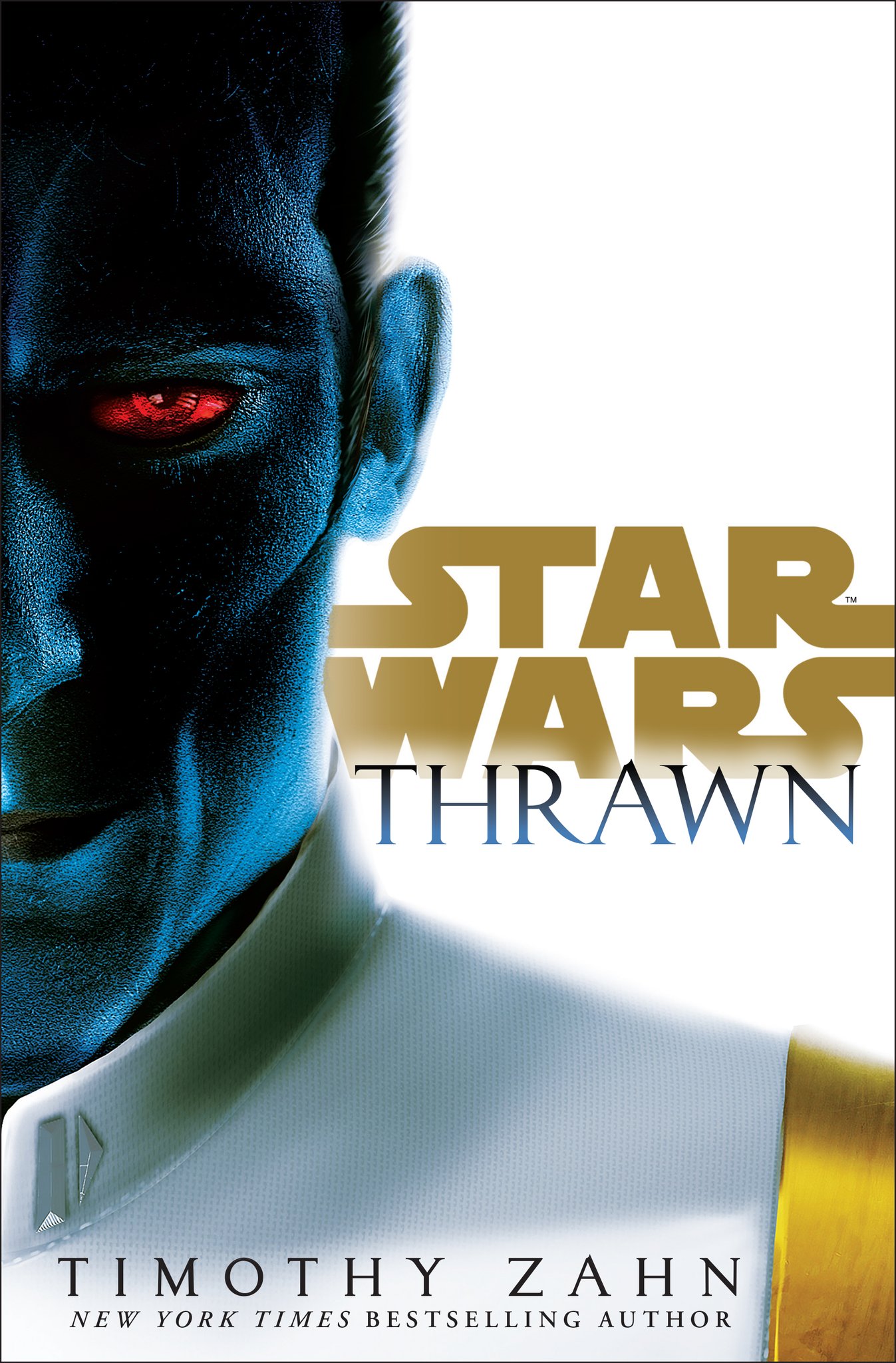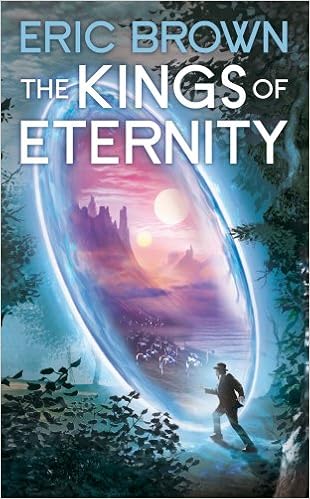 What Does This Button Do? - An Autobiography by Bruce Dickinson
What Does This Button Do? - An Autobiography by Bruce DickinsonMy rating: 4 out of 5
Ever since I heard the soaring vocals in the chorus of Iron Maiden's iconic tune Run to the Hills as an impressionable kid in the 80's, Bruce Dickinson has been in my head. I've been eager to read his autobiography, right from when it was announced that one of the most legendary metal vocalists of all time was going to tell of his life and career in his own words.
Bruce is someone who I've always wanted to meet and share an ale and a yarn with, it always seemed to me as though he and I have a number of things in common. Bruce's story confirmed that, and as he explains the major events of his life I could see that we have a similar worldview in lots of ways. One thing that he has in truck loads, and that which I often lack, is confidence. By 'eck, this bloke has some confidence. This is evident from his career as the front man of Iron Maiden and also from his inspiring journey to becoming a commercial airline pilot. As a professional aircraft engineer of 20 years and currently also as a student pilot, I know how fraught with obstacles and trials the aviation industry is. Even so, this guy just walks up and says to himself "F@#k it, I'm gonna do that", and he does so, very successfully.
Now to the book itself. It's written by Bruce's own hand in a very entertaining and vibrant style that reflects his personality and adds a rich layer to the stories. He doesn't go into all that many things in much depth or detail, but when taken as a whole life-story, he does a reasonable job of squeezing a lot into the book. What is noticeably absent from the book is anything of any real substance about other people. There's no relationship details, other than professional, with anybody whether it be band mates or family members. Initially I found this rather disappointing because I was looking forward to learning a bit about Bruce the family man, for example, but there's nothing like this in there anywhere. I've since seen a couple of interviews with Bruce where he addresses the issue and explains why he didn't wish to reveal personal details about others. I can see his point and generally agree with his reasoning, which shows him to quite clearly be a very private person, and all of that stuff is none of my business anyway. That said, this autobiography does seem a little incomplete without at least some of these details.
He does spin some more detailed yarns about his flying exploits, which I found incredibly interesting. Again, I'm impressed with Bruce's confidence and tenacity as he tackles challenge after challenge. He's clearly very into what he does, whether it be flying any number of different aeroplanes, or crafting songs. In a word, inspirational. Toward the end of the book, there is one part of his life where Bruce does get quite candid, and that is the story of his battle with cancer. He opens up about his treatment and recovery enough for us to appreciate the depth of his struggle, and his stubborn grit shines through again as he just gets on with the job of kicking the big C into touch. Again, noticeably missing is where his family fitted into this picture.
In summary, this is a good autobiography about a very interesting person. I enjoyed it immensely and drew inspiration from so many aspects of Bruce's journey through life. Essentially it's a good autobiography recounting Bruce's professional life and career(s), but what would've made it a great autobiography would be more depth to his personal story. For what it is, though, it's pretty solid and well worth a read.
4/5 for delivery
3/5 for entertainment
= 4 out of 5



